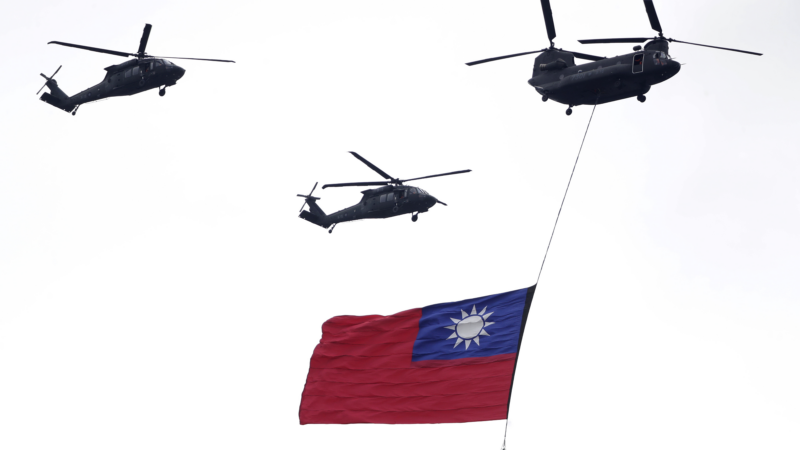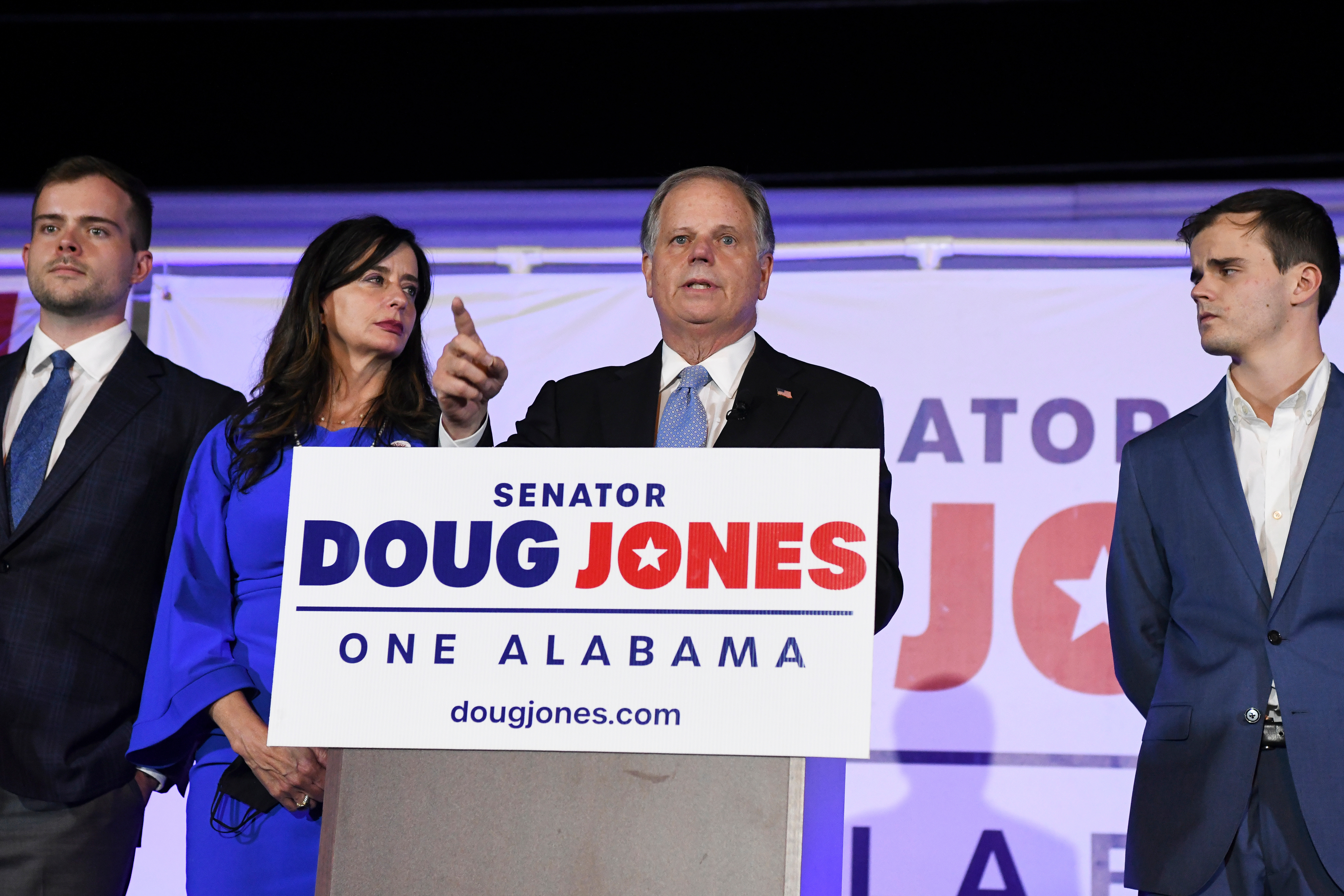Taiwan’s president pushes to increase defense budget amid rising threat from China
TAIPEI, Taiwan — Taiwanese President William Lai Ching-te said Thursday that the island’s defense budget will exceed 3% of its economic output as it overhauls its military in the face of the rising threat from China.
Along with the latest equipment — much of it from the United States, the military is seeking funds to retain more service people with higher pay and to lengthen compulsory national service from four months to one year.
In a speech Thursday to the American Chamber of Commerce, Lai said his administration is determined to “ensure that our defense budget exceeds 3% of the GDP. At the same time, we will continue to reform national defense.”
Lai’s comments were the latest reassurance to U.S. and domestic critics who say Taiwan is not spending enough on its own defense. The self-governing island, which relies on the U.S. for much of its cutting-edge weaponry, currently spends about 2.45% of its gross domestic product on its military.
U.S. President Donald Trump has demanded that Taiwan increase defense spending as high as 10% of GDP, a proportion well above what the U.S. or any of its major allies spend, in order to deter China.
China’s actions have also unsettled neighbors in the South China Sea and other parts of the Indo-Pacific.
Leaders in Australia and New Zealand have said China should have given them more warning before its navy conducted an unusual series of live fire exercises in the seas between the two countries last month, forcing flights to divert on short notice.
Lai said that Taiwan plans to “advance our cooperation with the U.S. and other democracies in upholding regional stability and prosperity.”
China considers the self-governing democracy of Taiwan as part of its own territory and has significantly boosted its military to make good on its threat to invade the island to assert its control.
Raymond Greene, the de-facto U.S. ambassador to Taiwan; Dan Silver, the chamber chairperson; and Alaska Gov. Mike Dunleavy attended the speech.
Taiwan and the U.S. have no formal diplomatic ties but American law requires Washington respond to threats toward the island.
Auburn tabs USF’s Alex Golesh as its next coach, replacing Hugh Freeze on the Plains
The 41-year-old Golesh, who was born in Russia and moved to the United State at age 7, is signing a six-year contract that averages more than $7 million annually to replace Hugh Freeze. Freeze was fired in early November after failing to fix Auburn’s offensive issues in three seasons on the Plains.
Alabama Power seeks to delay rate hike for new gas plant amid outcry
The state’s largest utility has proposed delaying the rate increase from its purchase of a $622 million natural gas plant until 2028.
Former U.S. Sen. Doug Jones announces run for Alabama governor
Jones announced his campaign Monday afternoon, hours after filing campaign paperwork with the Secretary of State's Office. His gubernatorial bid could set up a rematch with U.S. Sen. Tommy Tuberville, the Republican who defeated Jones in 2020 and is now running for governor.
Scorching Saturdays: The rising heat threat inside football stadiums
Excessive heat and more frequent medical incidents in Southern college football stadiums could be a warning sign for universities across the country.
The Gulf States Newsroom is hiring an Audio Editor
The Gulf States Newsroom is hiring an Audio Editor to join our award-winning team covering important regional stories across Mississippi, Alabama and Louisiana.
Judge orders new Alabama Senate map after ruling found racial gerrymandering
U.S. District Judge Anna Manasco, appointed by President Donald Trump during his first term, issued the ruling Monday putting a new court-selected map in place for the 2026 and 2030 elections.









